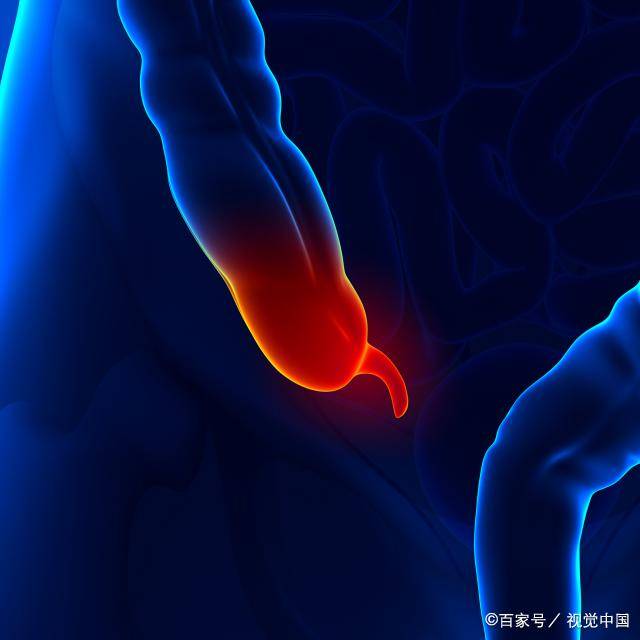【Fan Letter】My husband has always had a tendency to seek excitement in our marital life. Although he always tries to ensure my comfort, one time his attempt was too bold, resulting in an anal fissure for me. The pain was almost unbearable, and even though it scabbed over a few days later, every time I went to the bathroom, I would feel intense pain, sometimes even reopening the wound. This pain felt like a sharp knife stabbing into my heart.
This situation lasted for several days until one day at work, I had some unclean food at the restaurant which resulted in diarrhea. To make matters worse, due to the pain and cramps, I couldn’t control myself and ended up having an accident in my pants. This not only made me feel extremely embarrassed but also aggravated my pain.
1. Causes of Anal Fissures
1. Dietary Habits:
In today’s fast-paced life, fast food and high sugar, high-fat foods have become the top choices for many people, while the intake of vegetables, fruits, and high-fiber foods is insufficient. This dietary habit leads to an increasing prevalence of constipation issues, increased pressure during bowel movements, which may trigger or worsen anal fissures. A high-salt diet can also cause water retention, making the stools dry, exacerbating the situation. Also, insufficient water intake can lead to constipation, increasing the risk of anal fissures.
2. Improper Sitting Posture:
Modern lifestyles have led to more sedentary behavior, especially for those working in offices. Incorrect sitting posture, especially maintaining the same position for long periods, increases the pressure on the pelvic area, affecting normal bowel movement and increasing the incidence of anal fissures. Prolonged sitting can also cause muscle relaxation and poor blood circulation, intensifying anal fissure symptoms and pain.
3. Lack of Exercise:
A lack of moderate physical exercise can affect bowel movements, prolonging the passage time of feces in the colon, causing constipation. Long-term constipation increases pressure during defecation, which can easily lead to anal fissures. Moderate exercise can promote bowel movements, help the passage of stools smoother, reducing the risk of constipation and anal fissures.
2. Relationship Between Dietary Habits and Anal Fissures
High-Salt Diet:
A high-salt diet can lead to body water retention, reducing the water content in stool, making it dry and increasing the occurrence of constipation. Dry stools are difficult to pass smoothly, and excessive force during defecation can damage the tissues around the anus, leading to anal fissures. Therefore, reducing the intake of high-salt foods and ensuring sufficient water intake are crucial for preventing constipation and anal fissures.
High-Fat Diet:
When people consume high-fat foods, they often ignore the importance of fiber. Fiber is a key factor in promoting digestion and bowel movements. Eating too many high-fat foods, especially those lacking fiber found in vegetables and fruits, can slow down intestinal motility.
This decreased intestinal motility can increase the time feces stay in the intestine, leading to constipation. Constipation increases the pressure during defecation, which may further lead to anal fissures.
Low-Fiber Diet:
Fiber is an essential component for maintaining intestinal health as it increases the volume of the stools, promotes bowel movements, and reduces the likelihood of constipation. Many processed foods and fast foods often lack fiber, becoming the primary dietary source for many people in modern life. A low-fiber diet not only increases the risk of constipation but also can lead to digestive problems and chronic illnesses. By increasing the consumption of high-fiber foods like vegetables, fruits, whole grains, and legumes, intestinal health can be improved, reducing the incidence of anal fissures.
3. Relationship Between Improper Sitting Posture and Anal Fissures
Prolonged Sitting:
The modern societal work and lifestyle often lead to prolonged sitting, especially for office workers. Prolonged sitting not only increases the pressure on muscles and ligaments but also hampers blood circulation in the pelvic area, affecting normal bowel movements and leading to difficulty in defecation and constipation. When excessive force is required during defecation, it can exert pressure on the tissues around the anus, possibly causing or worsening anal fissures.
Improper Sitting Posture:
Many people do not pay attention to the correct sitting posture, such as slouching, leaning forward, crossing legs, etc., while sitting. These postures unevenly distribute pressure on the pelvic area, increasing the pressure on tissues around the anus. Particularly during prolonged sitting, these incorrect sitting postures further increase the risk of anal fissures.
4. Relationship Between Lack of Exercise and Anal Fissures
Promoting Bowel Movements:
A lack of exercise can lead to slowed bowel movements, meaning feces remain longer in the intestines, becoming drier and harder, increasing the occurrence of constipation. Physical exercise stimulates bowel movements, helping stools pass smoothly through the digestive system, reducing the likelihood of constipation. Regular aerobic exercises like walking, jogging, and swimming can effectively promote bowel movements, aiding in maintaining intestinal health.
Reducing the Incidence of Constipation:
Lack of exercise is one of the primary causes of constipation. Constipation not only affects the frequency of bowel movements but can also lead to excessive straining during defecation, further increasing pressure on tissues around the anus, triggering or exacerbating anal fissures. Moderate physical exercise helps improve bowel movements, reduce the incidence of constipation, thus mitigating the risk of anal fissures.
Promoting Blood Circulation:
Moderate exercise promotes blood circulation, including blood supply to the pelvic area. Good blood circulation helps maintain the health of tissues around the anus, reducing the likelihood of developing anal fissures.
Society should enhance the promotion and education of anal fissures and other anal diseases, raise public health awareness, promote the adoption of healthy lifestyles, collectively maintain anal health, and enjoy a happy and fulfilling life. Let’s work together to create a society that cares about health and pays attention to anal health.


